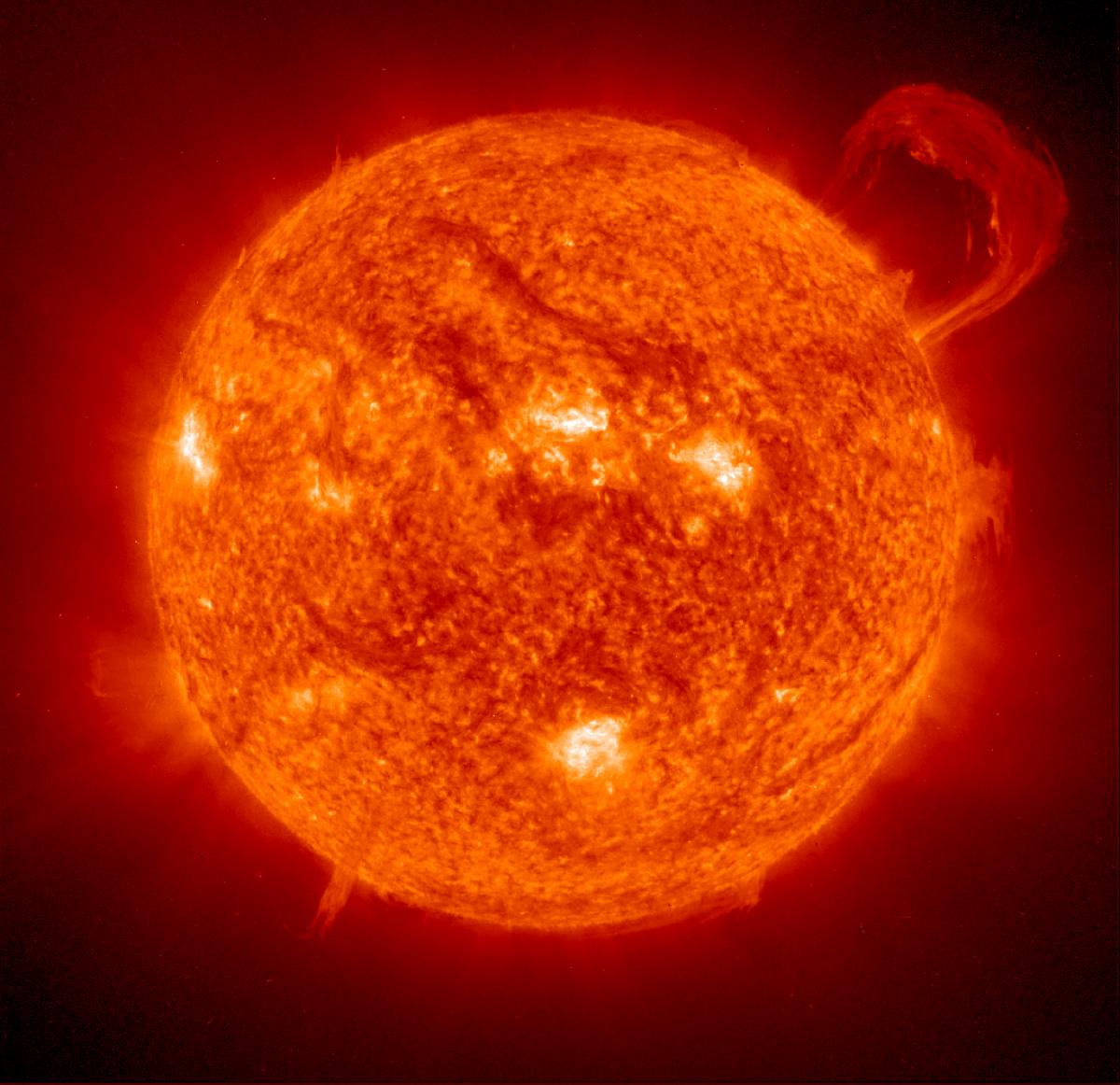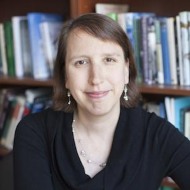
Over the weekend, The New York Times published an article about the Heartland Institute’s number-one climate-change-denying scientist, Willie Soon. The article detailed Soon's previously undisclosed conflict of interest involving receiving money from the fossil fuel industry for publishing papers claiming that the sun is responsible for recent climate change.
In addition to failing to disclose his conflict of interest to the scientific journals he published in, Soon described his writing scientific papers and delivering testimony before Congress as “deliverables” in exchange for fossil fuel industry funding, according to the article. Oops.
Let’s be clear about one thing—the issue is not that Soon was receiving money from industry to do his research. Plenty of valid research comes from industry funding for a variety of scientific topics. The problem arises when that funding is not disclosed. Researchers become suspect when they begin to advocate strongly for positions that best suit the industry that is funding them. This is even more troubling when their positions run counter to those of almost every other scientist doing research on the issue.
So why does NCSE care about Willie Soon? After all, whatever his failings, he's not a public school science teacher miseducating his students about the science of climate change, or a state legislator or board of education member trying to allow teachers to do so. Isn’t this just “inside baseball” for those participating in, or just following, the political controversies over climate science?
No. The relevance arises from Soon’s involvement with the Heartland Institute—an organization that is committed to the idea that anthropogenic climate change is not real. That’s no secret, of course. But it isn’t always recognized that the Heartland Institute is eager to get that message out to teachers.
We’ve heard from educators across the country who have received unsolicited mailings from the Heartland Institute. For example, when the Intergovernmental Panel on Climate Change (IPCC) report on climate change was published in 2013, the Heartland Institute promptly dispatched a flyer advertising its own simulacrum of the IPCC report, produced by something called the NIPCC (Non-Intergovernmental Panel on Climate Change; get it?) entitled “Climate Change Reconsidered.” The document is a classic denialist text, full of cherry-picked data that purports to demonstrate why anthropogenic climate change is not happening.
The horrifying part is that we heard from many educators who received the mailings and initially thought they were legitimate scientific documents. Of course, the teachers that we heard from either realized on their own or were told by us that the NIPCC report was scientifically bogus. Some teachers spotted Steven Newton’s blog post about it or a flyer (pdf) that we distributed without getting in touch with us. It’s the teachers that didn't get the news that we’re worried about.
This isn’t the only attempt by the Heartland Institute to engage educators. In 2008, for example, it distributed a short video called Unstoppable Solar Cycles. Featuring none other than Willie Soon, the video purports to demonstrate why anthropogenic climate change is not real, and rather it is the sun that is responsible for recent warming. Educators who are not familiar with the science or this organization may actually think this was a good resource and present it to their students.
This is why the outing of Willie Soon is great news for educators everywhere. The next time—if there is a next time—they receive another pamphlet, report, or movie from the Heartland Institute featuring Willie Soon, they can look him up and find the wealth of information now available about the funding, conflicts of interest, and possible ethical violations involved in his work. They’ll know exactly where the “educational” material they are being bombarded with belongs—the trash bin. That’s the best news of all.

